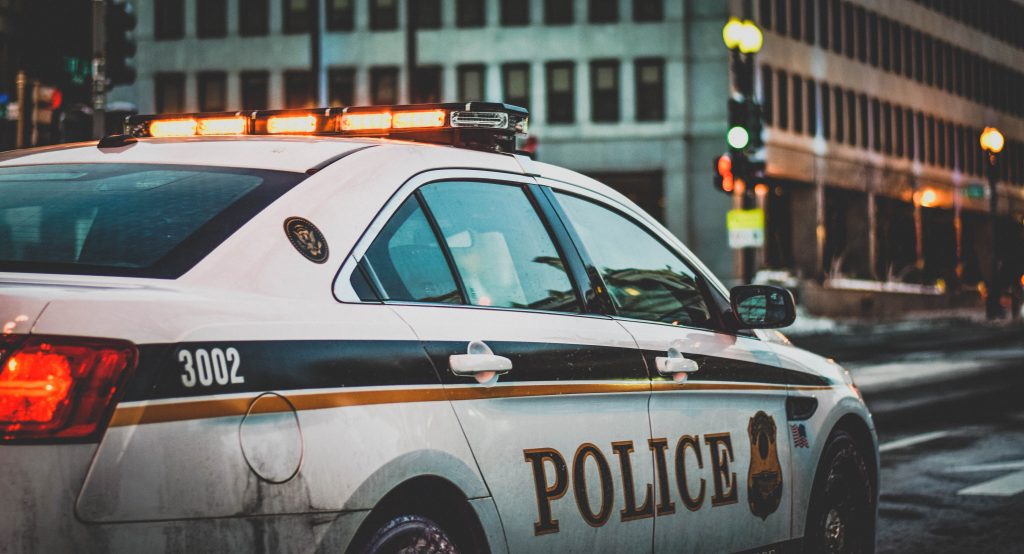What Rights Do You Have When A Police Officer Pulls You Over?


If you are pulled over by the police, it is essential to know that you have certain rights. It is also critical that you respond in a way that does not escalate the situation. Remain calm, be polite, and let the officer do the talking, responding only as appropriate. Turn off your engine, roll down your window completely, turn on your internal light if it’s dark, and remain in the car until and unless the officer directs you to get out. Wait until the officer asks to see your license and registration before you begin rummaging around for them.
What Are Your Rights in a Traffic Stop?
If you are pulled over for any reason, you have the following rights:
- The right to remain silent: You are not required to answer questions about where you are going or where you are coming from, what you are doing, or where you live. However, if you wish to exercise your right to remain silent, you must say so to the officer.
- The right to not consent to a search of your belongings: Refusing consent may not stop police officers from carrying out the search, but it can help preserve your rights in subsequent legal proceedings. If police suspect you are carrying a weapon, they have a right to pat down your clothing.
- The right to an attorney: If you cannot afford to retain an attorney, you have the right to a government-appointed lawyer.
What Is Probable Cause?
Probable cause is reasonable grounds for making a search or a traffic stop. It is sufficient reason based on known facts to believe a crime has been committed, or that specific property is connected with a crime. Probable cause must exist for an officer to make an arrest without a warrant, search without a warrant, or seize property the officer believes is evidence of a crime. Police are not allowed to randomly pull you over to look for drugs in your car or other evidence of a crime. They need probable cause to pull you over, such as speeding, expired tags, or a burned-out brake light.
How Do Search Warrants Operate?
When a police officer wishes to search a premises, person or vehicle, they are required receive a court order from a judge. These court orders allow an officer to search for evidence of a crime and, if any evidence is discovered, seize it on the grounds that it will be used in a trial. To obtain a search warrant, police officers must show probable cause that a crime has been committed and that items connected to the crime are likely to be found in the place specified in the warrant.
A valid search warrant must meet the following four requirements:
- It must be filed in good faith by a law enforcement officer.
- It must be based on reliable information showing probable cause to search.
- It must be issued judge or magistrate that is unbiased and impartial to the related search warrant.
- It must specifically state the place to be searched and the items to be seized.
What Should You Do If You Are Detained by the Police After a Traffic Stop?
If you are arrested or detained by a police officer, clearly state that you are exercising your right to remain silent and request to speak to an attorney. Don’t give any reasons or explanations. You have a right to one phone call and the police cannot listen in if you call a lawyer. In this situation, call jD LAW, P.C. at (760) 630-2000. Our San Diego criminal defense lawyer is a former police investigator who is dedicated to protecting your rights.
Don’t Waste Any Time!
Call us today for a FREE Consultation
(760) 630-2000


- Criminal Law Expert - Led by a Board Certified Criminal Law Specialist. Read More
- 100s of Cases Tried - Since 1990, James Dicks has represented hundreds of clients. Read Bio
- Client Approved - Read our online testimonials from satisfied jD LAW Clients. Yelp Reviews
- May 30, 2024
When Juveniles Are Accused of Violent Crimes - May 20, 2024
What Should You Do During a Traffic Stop? - May 10, 2024
The Legal Concept of ‘Intent’ in Theft Crime …
 RSS
RSS




